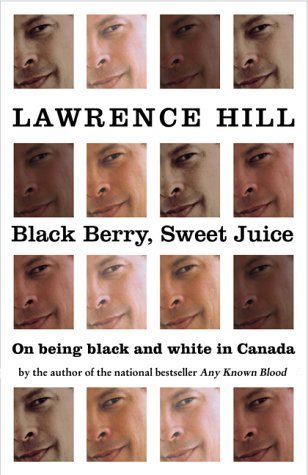Lumbee Indians in the Jim Crow South: Race, Identity, and the Making of a NationPosted in Anthropology, Books, History, Identity Development/Psychology, Media Archive, Monographs, Native Americans/First Nation, Social Science, United States on 2009-12-24 02:45Z by Steven |
Lumbee Indians in the Jim Crow South: Race, Identity, and the Making of a Nation
University of North Carolina Press
April 2010
368 pages
6.125 x 9.25
12 illus., 3 tables, 5 genealogical charts, 3 maps, appends., notes, index
Cloth ISBN: 978-0-8078-3368-1
Paper ISBN: 978-0-8078-7111-9
Malinda Maynor Lowery, Assistant Professor of History
University of North Carolina, Chapel Hill
Awards & Distinctions
- 2010 Labriola Center American Indian National Book Award
- 2010 CHOICE Outstanding Academic Title
With more than 50,000 enrolled members, North Carolina‘s Lumbee Indians are the largest Native American tribe east of the Mississippi River. Malinda Maynor Lowery, a Lumbee herself, describes how, between Reconstruction and the 1950s, the Lumbee crafted and maintained a distinct identity in an era defined by racial segregation in the South and paternalistic policies for Indians throughout the nation. They did so against the backdrop of some of the central issues in American history, including race, class, politics, and citizenship.
Lowery argues that “Indian” is a dynamic identity that, for outsiders, sometimes hinged on the presence of “Indian blood” (for federal New Deal policy makers) and sometimes on the absence of “black blood” (for southern white segregationists). Lumbee people themselves have constructed their identity in layers that tie together kin and place, race and class, tribe and nation; however, Indians have not always agreed on how to weave this fabric into a whole. Using photographs, letters, genealogy, federal and state records, and first-person family history, Lowery narrates this compelling conversation between insiders and outsiders, demonstrating how the Lumbee People challenged the boundaries of Indian, southern, and American identities
Table of Contents
- Preface: Telling Our Own Stories
- Acknowledgments
- A Note on Terms
- Introduction: Coming Together
- 1 ADAPTING TO SEGREGATION
- 2 MAKING HOME AND MAKING LEADERS
- 3 TAKING SIDES
- 4 CONFRONTING THE NEW DEAL
- 5 Pembroke Farms: Gaining Economic Autonomy
- 6 MEASURING IDENTITY
- 7 RECOGNIZING THE LUMBEE
- Conclusion: Creating a Lumbee and Tuscarora Future
- Appendix
- Notes
- Index





